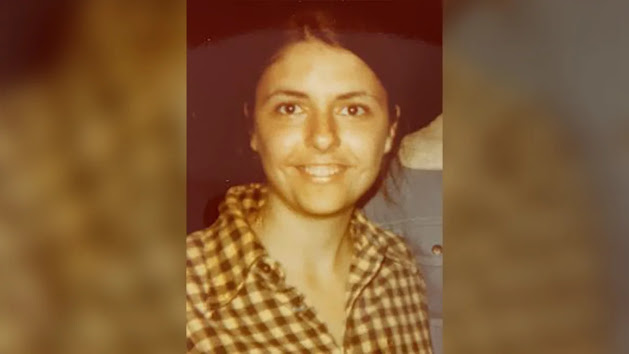AngloPress:--- On a January evening in 1980, a 25-year-old nursing student set out to walk to a friend's house but never arrived. Instead, she was abducted by a man who emerged from a car, forcibly taking her away.
Her body was discovered the following morning. Police reported she had been sexually assaulted, strangled, and shot, launching a decades-long search for her killer.
In a significant breakthrough more than 40 years later, DNA evidence has led to the arrest of a 78-year-old man. Austin, Texas, police announced that Deck Brewer Jr.'s DNA matched evidence from the victim’s autopsy. Brewer, already held by the Massachusetts Department of Corrections on unrelated charges, is now facing a murder charge.
The pivotal moment came this year with new DNA testing. Susan Leigh Wolfe had enrolled at the University of Texas at Austin nursing school on January 9, 1980. That night, while walking to a friend's house around 10 p.m., she was kidnapped a block from home. A witness reported seeing a 1970 Dodge Polara stop, with the driver exiting to grab Wolfe and force her into the car, covering her head with a coat.
Her body was found early the next morning in an Austin alley. Investigators discovered DNA evidence at the scene. Despite numerous leads, cars matching the witness’s description, and over 40 persons of interest, the case remained unsolved for decades.
In April 2023, the Austin Police Department Cold Case Unit submitted evidence from the sexual assault to the Texas DPS Crime Laboratory. This year, a potential match was found in the Combined DNA Index System (CODIS). Police obtained a DNA sample from Brewer, who admitted he had been in Austin at the time of the murder but invoked his right to counsel when confronted with the DNA match.
On August 14, 2024, the Austin Municipal Court found probable cause to issue an arrest warrant for Deck Brewer Jr., charging him with the murder of Susan Leigh Wolfe. Details about Brewer’s arraignment and legal representation were not immediately available.
Advancements in DNA technology have played a crucial role in solving long-cold cases. Michael Arntfield, a cold case expert from Western University in Ontario, Canada, explained that earlier DNA technology required a larger sample to be effective. Improvements have made it possible to solve cases with less evidence.
Unfortunately, Wolfe’s parents and her roommate have passed away since her death.
Tags:
US

